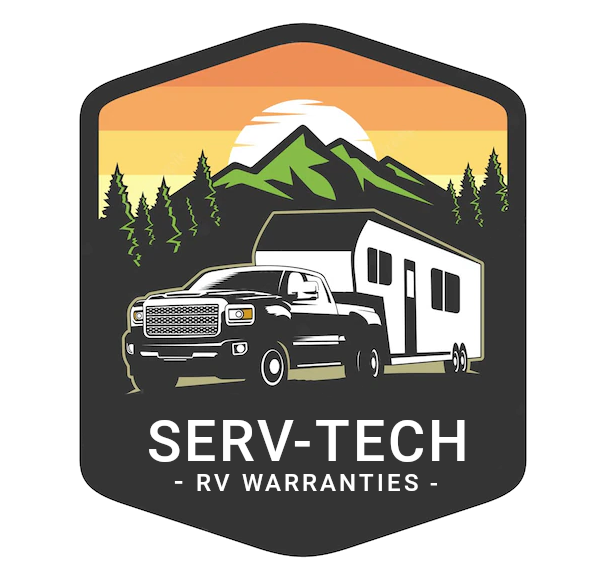Article Title: Comprehensive Guide to Tire and Wheel Protection Plans
Introduction
Navigating the complex world of tire and wheel protection plans can be a daunting task for vehicle owners. Understanding the intricacies and benefits of these plans is crucial for making an informed decision. This guide aims to demystify tire and wheel protection plans, highlighting their importance, coverage details, and how they can save you money and hassle in the long run.
What are Tire and Wheel Protection Plans
Understanding the Basics
Tire and wheel protection plans are service contracts designed to cover the cost of repairing or replacing your vehicle’s tires and wheels if they are damaged by road hazards. These hazards can include potholes, nails, glass, and other debris commonly found on roads.
Why Consider a Protection Plan?
- Cost-Effective: Paying for tire and wheel repairs or replacements out of pocket can be expensive. These plans offer a cost-effective solution.
- Peace of Mind: Knowing that your tires and wheels are covered can give you peace of mind during your daily commutes and long journeys.
- Convenience: Many plans offer additional benefits such as roadside assistance, adding to the convenience factor.
Choosing the Right Plan
Assessing Your Needs
Before selecting a plan, consider factors such as your driving frequency, the condition of roads you commonly traverse, and the type of vehicle you own.
Key Features to Look For
- Coverage Limit: Understand the monetary limits of the plan.
- Exclusions: Be aware of what is not covered.
- Duration: Consider how long the plan will protect your tires and wheels.
How to Maximize the Benefits
Regular Maintenance
Regular inspections and maintenance of your tires and wheels can extend their life and ensure that your protection plan remains valid.
Understanding Policy Details
Thoroughly read and understand the terms and conditions of your chosen plan to avoid any surprises when you need to make a claim.
Common Misconceptions
It’s Too Expensive
While there is an upfront cost, the long-term savings and benefits often outweigh this initial investment.
All Plans are the Same
Each plan varies in terms of coverage, limits, and exclusions. It’s important to compare different options.
Conclusion
Tire and wheel protection plans are an invaluable investment for any vehicle owner. They not only offer financial relief in the event of unforeseen tire and wheel damage but also provide peace of mind. By choosing the right plan and understanding its features, you can protect yourself against unexpected costs and enjoy a smoother driving experience.
